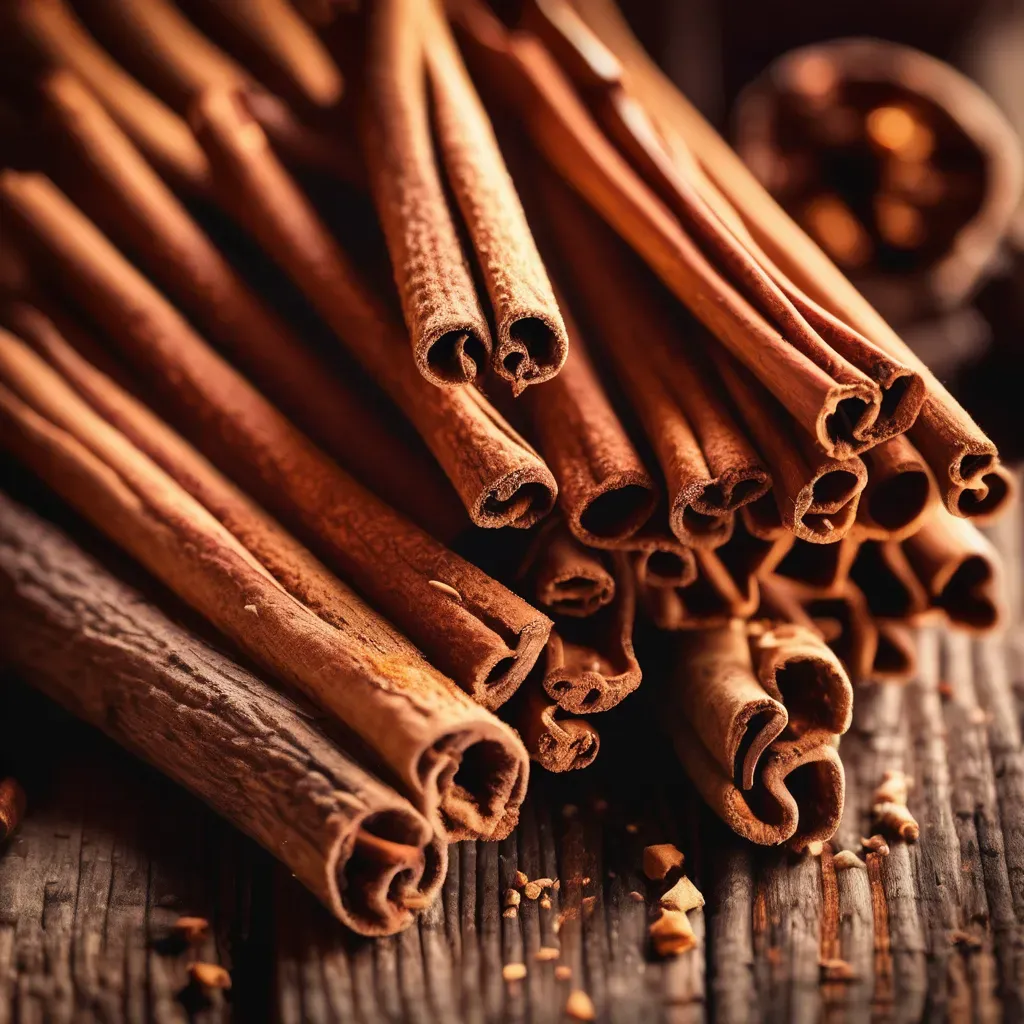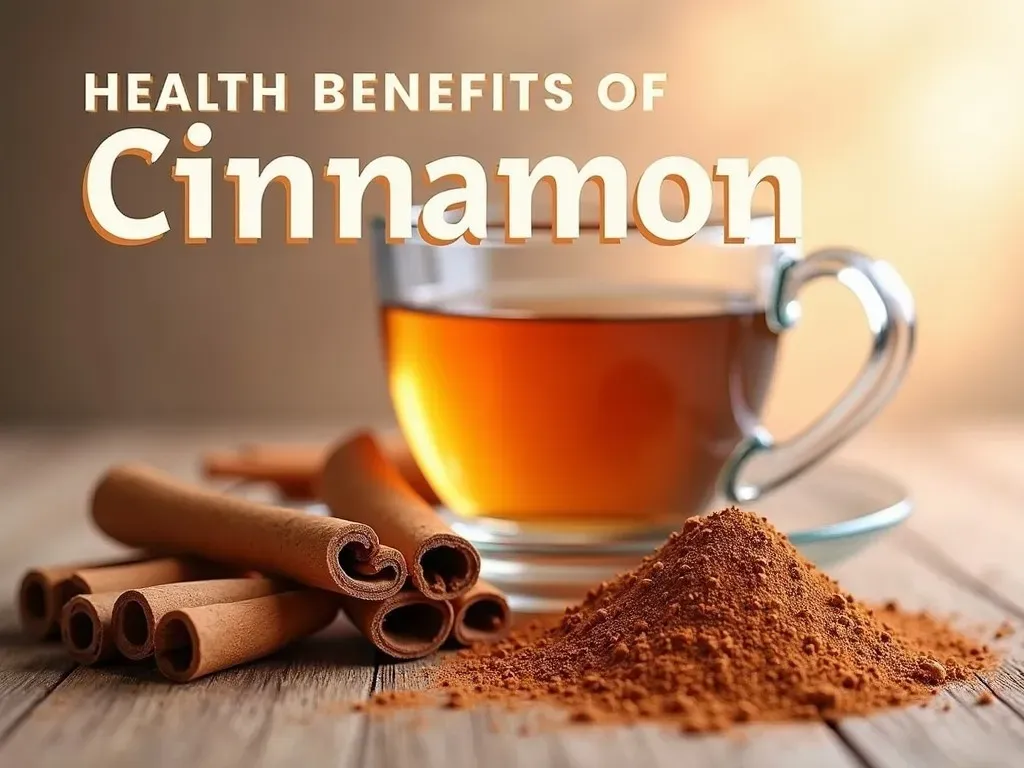Cinnamon is a spice obtained from the inner bark of several trees from the genus Cinnamomum. Known for its unique flavor profile, it has become an essential ingredient in various cuisines around the globe. But one interesting fact that often surprises people is that cinnamon is spicy. While many associate it with sweetness, this beloved spice carries a nuanced flavor that includes a compelling spicy note, which we will explore throughout this piece.
What Makes Cinnamon Spicy?
The spiciness of cinnamon is primarily attributed to a compound called cinnamaldehyde. This natural organic compound is a significant portion of cinnamon oil, contributing not only to its aroma but also its characteristic flavor. When people describe cinnamon as spicy, they are often referring to this pungent quality.
Compounds in Cinnamon
Here’s a table summarizing the key compounds found in cinnamon:
| Compound Name | Effect on Flavor |
|---|---|
| Cinnamaldehyde | Main source of cinnamon’s spiciness and aroma |
| Eugenol | Adds a sweet and spicy profile |
| Capsaicin | Present in trace amounts, enhances the burning sensation |
| Other Terpenes | Contributes to overall flavor complexity |
Popular Varieties of Cinnamon
Cinnamon comes in different varieties, the two most widely known being Ceylon and Cassia:
| Variety | Characteristics |
|---|---|
| Ceylon | Often referred to as "true cinnamon", it has a more delicate flavor and is less spicy. |
| Cassia | This variety is more common in grocery stores and has a stronger spicy flavor due to higher cinnamaldehyde content. |

A Closer Look at Cinnamon’s Flavor Profile
When evaluating cinnamon’s overall flavor profile, it’s essential to realize it encompasses sweet, spicy, and warm notes. Below is a list that highlights the specific flavors associated with cinnamon:
- Spicy: The distinct heat caused by cinnamaldehyde.
- Sweet: A natural sweetness that pairs well with both sweet and savory dishes.
- Woody: Earthy undertones that can complement various culinary creations.
- Nutty and Warm: A comforting warmth that enhances many recipes.
Where is Cinnamon Used?
Cinnamon’s spicy note plays an integral role in various culinary applications. Here’s a breakdown of common uses:
- Baking: Cinnamon is often used in desserts such as cinnamon rolls, apple pie, and pumpkin spice treats.
- Beverages: Hot beverages like apple cider and chai teas frequently showcase the spicy element of cinnamon.
- Savory Dishes: In many cultures, cinnamon is featured in savory dishes, adding warmth and complexity to curries and stews.
Global Culinary Uses
| Cuisine | Common Dishes Featuring Cinnamon |
|---|---|
| Indian | Biryani, curries |
| Middle Eastern | Moroccan tagines, spiced teas |
| American | Pumpkin pies, snickerdoodles |
| Mexican | Sweet breads, Mexican hot chocolate |

Health Benefits of Cinnamon
Cinnamon is not only a flavorful addition to meals but also boasts various health benefits attributed to its spicy compounds. Some of these benefits include:
- Anti-inflammatory properties: Cinnamaldehyde has been shown to have anti-inflammatory effects, which can promote overall health.
- Antioxidant benefits: Rich in antioxidants, cinnamon can help combat oxidative stress.
- Potential blood sugar regulation: Some studies suggest that cinnamon may improve insulin sensitivity and lower blood sugar levels, making it beneficial for those with diabetes.

For those interested in the specific health benefits of cinnamon, an informative resource includes Healthline’s article on 10 Evidence-Based Health Benefits of Cinnamon.
FAQs About Cinnamon’s Spiciness
Is cinnamon spicy or sweet?
Cinnamon is both spicy and sweet. The perception of flavor can vary depending on the variety of cinnamon and how it’s used in dishes.
Why does cinnamon taste spicy?
Cinnamon tastes spicy primarily due to the presence of cinnamaldehyde and other compounds found in its bark.
What is the best type of cinnamon for cooking?
Ceylon cinnamon is often considered superior due to its milder flavor, while Cassia cinnamon has a more robust spicy profile, making it suitable for baking and hot beverages.
Can too much cinnamon be harmful?
Yes, consuming excessive amounts of cinnamon, especially Cassia, can lead to health concerns due to the presence of coumarin, which can be toxic in large doses.
How can I incorporate more cinnamon into my diet?
Cinnamon can be added to oatmeal, smoothies, baked goods, spice blends, and savory dishes to enhance both flavor and potential health benefits.
Where can I buy high-quality cinnamon?
High-quality cinnamon can typically be found at health food stores, specialty spice shops, or online from authenticated retailers. Always check for freshness and authenticity.
In conclusion, while many people may still associate cinnamon primarily with sweetness, its spicy attributes offer a delightful complexity that enhances a wide variety of dishes. Understanding what makes cinnamon spicy not only enriches our culinary experiences but also invites us to appreciate its multifaceted nature. So the next time you sprinkle cinnamon into your food or drink, remember that you’re indulging in a spice that is not just sweet—it’s spicy too!
